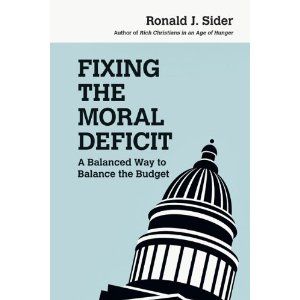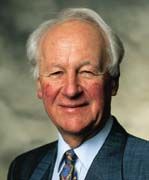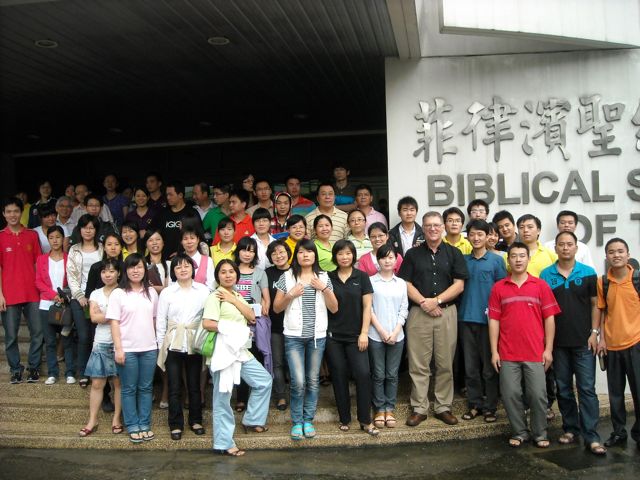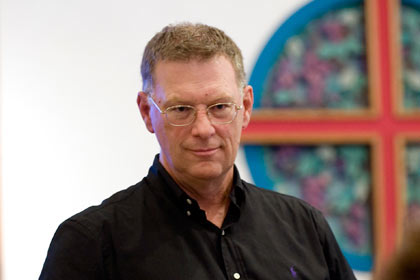This year marks the fiftieth anniversary of the beginning of Vatican II, the most recent and arguably among the most radical of the so-called “ecumenical” councils of the Roman Catholic Church. Now is an appropriate moment to assess the impact of the Council five decades on, and to reflect on its implications for historically-testy Roman Catholic-evangelical Protestant relations.
Eventually Vatican II generated 16 authoritative documents, each voted on by the Council and circulated by the Pope. By introducing so many radical changes to the Catholic church, and pointing in so many promising new directions, it has given everyone hope for a new beginning in the long-standing quest for greater harmony and fellowship among Christians everywhere. A few years ago Mark Noll, perhaps our top evangelical church historian, and a member of the faculty at the University of Notre Dame, coauthored a book entitled Is the Reformation Over? An Evangelical Assessment of Roman Catholicism (2005). It is a hopeful reminder that we should never regard any church’s convictions or dispositions as etched in stone. We are all on journeys and we are all still moving toward the light.










